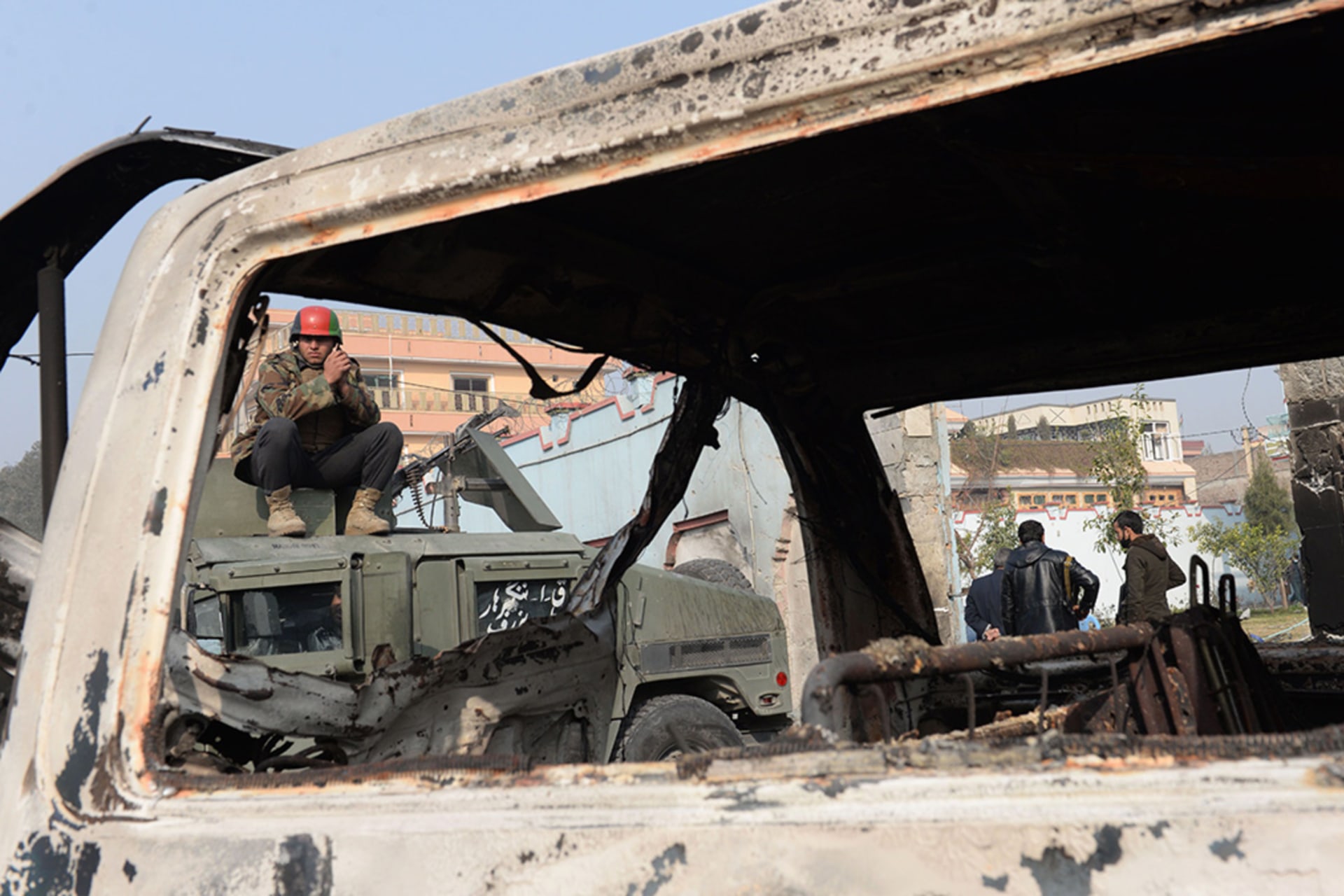
By experts and staff
- Published
By
- Michael DempseyNational Intelligence Fellow
Lost amid the intense international focus on diplomatic talks with North Korea and renewed U.S. tensions with Iran, has been a recent spate of Islamic State attacks across a broad swath of the Middle East and North Africa.
Why it matters: Like the mythological hydra, the Islamic State has remained resilient and lethal, even after losing its physical caliphate in Iraq and Syria last year—continuing to thrive in areas without local authority and legitimacy and to recruit from vulnerable Sunni populations. Equally worrisome, the recent attacks demonstrate the group’s ability to retain its followers; in the year since the fall of Raqqa, no Islamic State branch has renounced its pledge of fealty.
The details: Last week in southern Syria, the Islamic State conducted a series of attacks that killed more than 200 people and wounded 180 more. In Iraq, Islamic State fighters have recently engaged in hit-and-run attacks, kidnappings and other criminal activities, only a few months after Prime Minister Abadi had declared the group defeated.
Meanwhile, in Afghanistan, the Islamic State has launched several high-profile attacks in Kabul in the past few months, including a deadly assault on a voter-registration center and another on the Interior Ministry. Similar deadly attacks have occurred in Libya, Yemen, and the Sinai.
What’s next: The Islamic State is currently focused on keeping a toehold in Iraq and Syria and embedding its supporters into local populations there. The group’s leaders undoubtedly calculate that another opportunity to regain territory will present itself once Baghdad and Damascus prove unable, or unwilling, to rebuild shattered communities.
Islamic State leaders are encouraging overseas affiliates to conduct independent operations, especially attacks by local citizens throughout the West. The group will thus remain active in the public’s eye, helping to create the perception of battlefield momentum and attract recruits.
The bottom line: The events of the past few months serve as a sharp reminder that the Islamic State still poses a significant danger, that the conditions that fueled its rise have not been adequately addressed, and that in the absence of a sustained, multi-pronged strategy to confront this threat, the Islamic State will almost certainly regain its footing and force its way back to the top of America’s crowded security agenda.